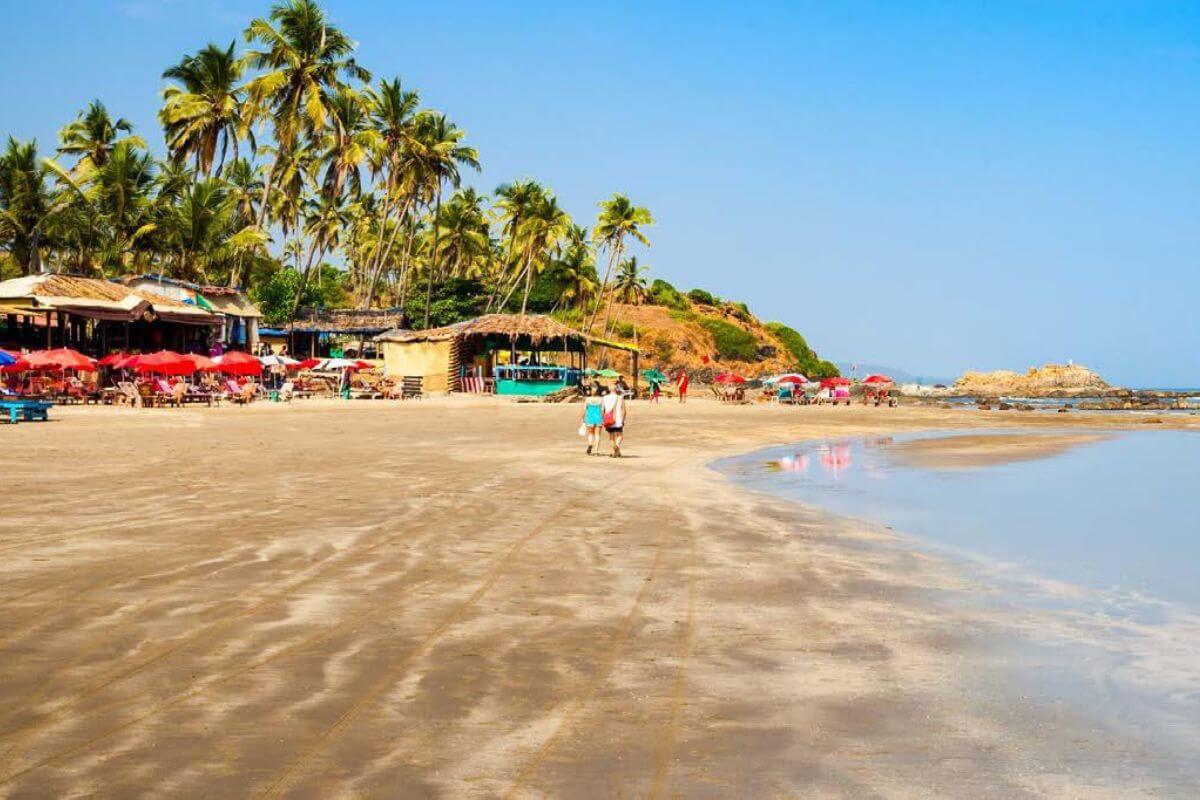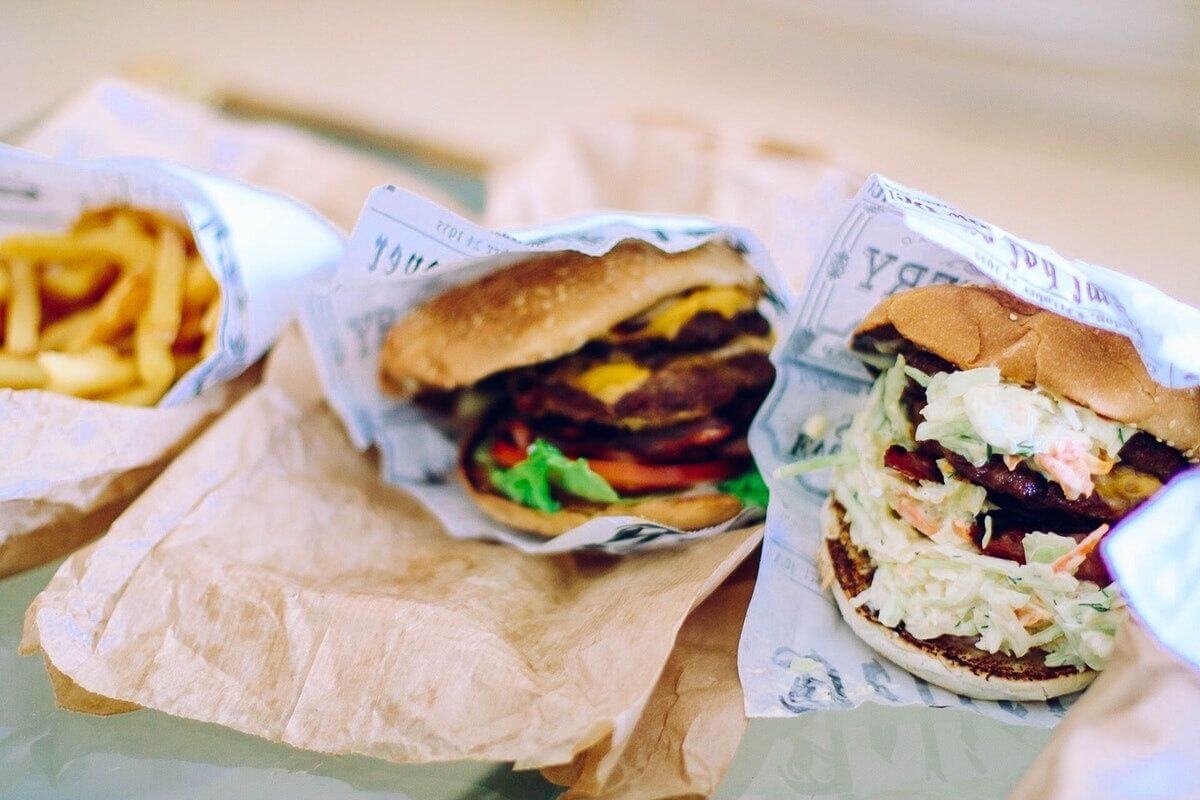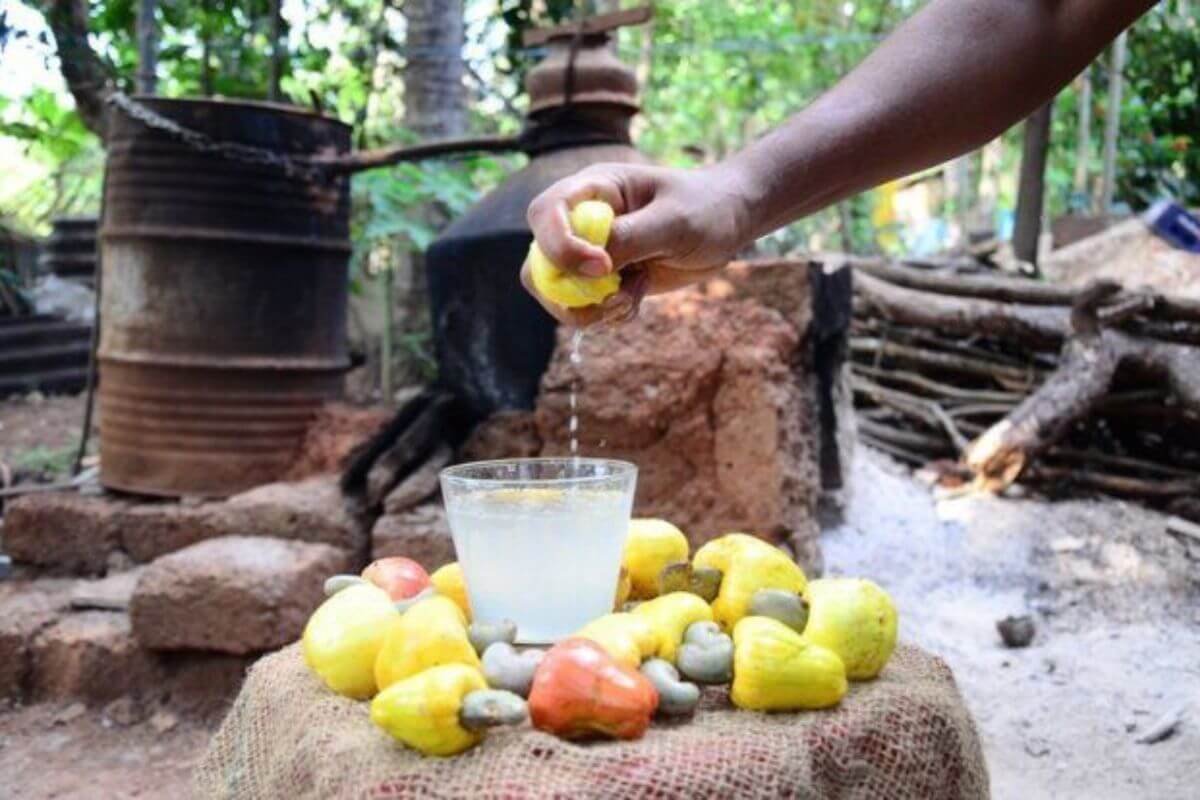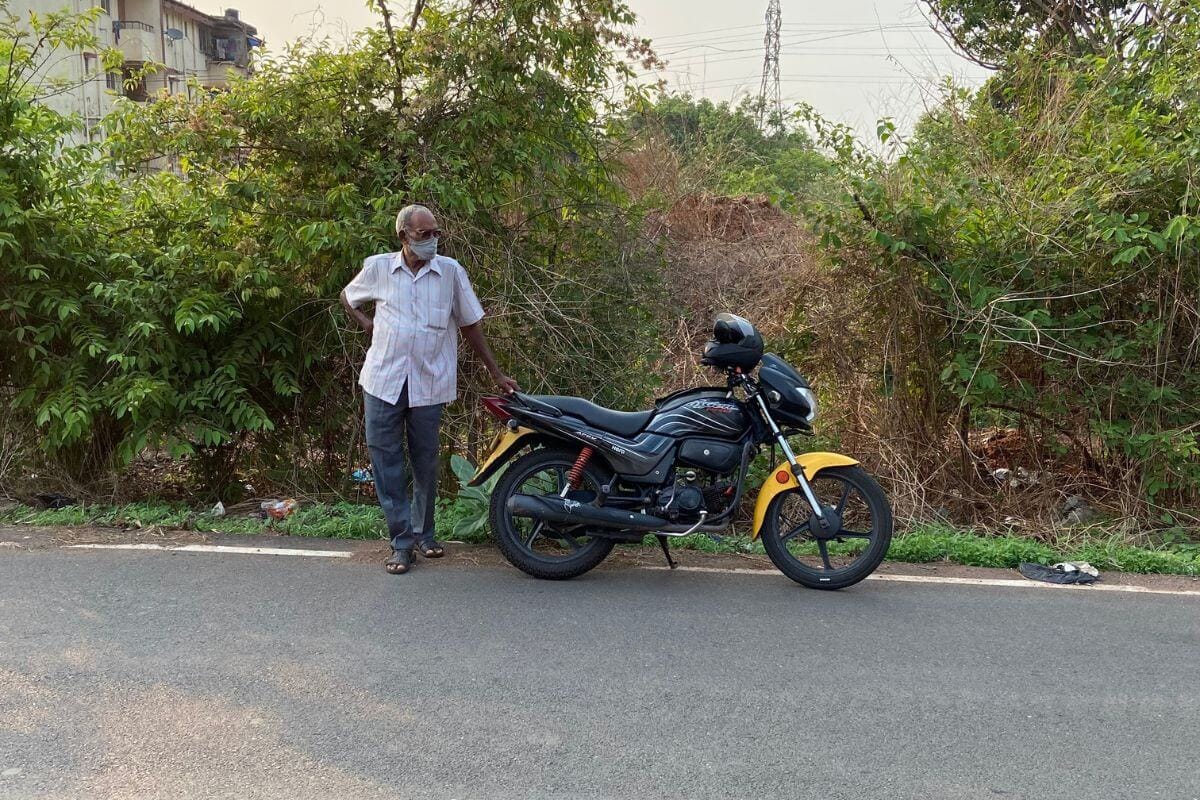Now, they stand in silence, worn and grey, as tourists drift far away. Once a haven, now a dream—lost to the changing, fickle stream. A place of memories, now at rest. The shack, once thriving, is now a guest. Yet in its heart, the stories stay of golden nights and brighter days. But even shacks must face the tide, as fortunes shift and dreams subside. Still, in the wind, its spirit calls—a reminder of its once proud walls.
Fading Shores of Paradise
Once a bustling paradise for tourists, Goa is now witnessing an unsettling decline in its tourism industry, with its iconic beach shacks bearing the brunt of the downturn. These vibrant hubs—offering everything from fresh seafood to chilled cocktails—are now closing their doors as fewer visitors make their way to the coastal state.
A Decline in Footfall
Even before the onset of the COVID-19 pandemic, there were noticeable drops in both domestic and international tourist numbers, raising concerns among shack owners and local businesspeople. Many beach shacks, particularly in popular areas like Calangute, were forced to shut down due to the dwindling influx of tourists. This decline has had a ripple effect on the local economy.
Shifting Perceptions and Rising Concerns
Known for its laid-back, Western-inspired culture, Goa had long been a favorite for travelers seeking sun, sea, and a vibrant lifestyle. However, in recent years, the state’s charm has been overshadowed by rising safety concerns, as crime rates have steadily increased.
At the same time, erratic weather patterns and coastal disruptions have further complicated the situation, damaging infrastructure and cutting into the seasonal flow of visitors. These combined factors have severely impacted the stability of Goa’s tourism sector.
Struggling to Stay Afloat
As tourist numbers dwindled, shack owners found it increasingly difficult to stay afloat. With fewer visitors, they struggled to meet daily expenses such as purchasing supplies, paying land rent, and compensating staff. Goa’s tourism has always been seasonal, relying heavily on the winter months and holiday periods. When these high-traffic seasons began drawing fewer guests, the financial strain grew more severe.
Ripple Effects on the Local Community
The closure of beach shacks has affected more than just the owners. Entire communities that depend on seasonal employment—cooks, servers, cleaners—have been hit hard. With reduced business, many have lost their primary source of income. The impact extends to other sectors as well: shack owners typically buy supplies from local farmers, fishermen, and vendors, meaning agriculture, fishing, and transport services have also suffered.
Looking Ahead: A Hope for Revival
In response to these challenges, several initiatives have been introduced to rejuvenate Goa’s tourism industry and revive the beach shack economy. These efforts focus on promoting sustainable and eco-friendly tourism, offering incentives for domestic travelers, and improving infrastructure and safety measures.
A Culture at a Crossroads
The decline of Goa’s beach shack culture presents a complex challenge—reflecting broader shifts in tourism trends, safety perceptions, and environmental conditions. For many small, family-run establishments, the future remains uncertain, as the very elements that once made Goa a beloved tourist destination now face mounting threats.
Yet, in every shuttered shack and empty beach, a story remains—of laughter, light, and a way of life now fading with the tide.









